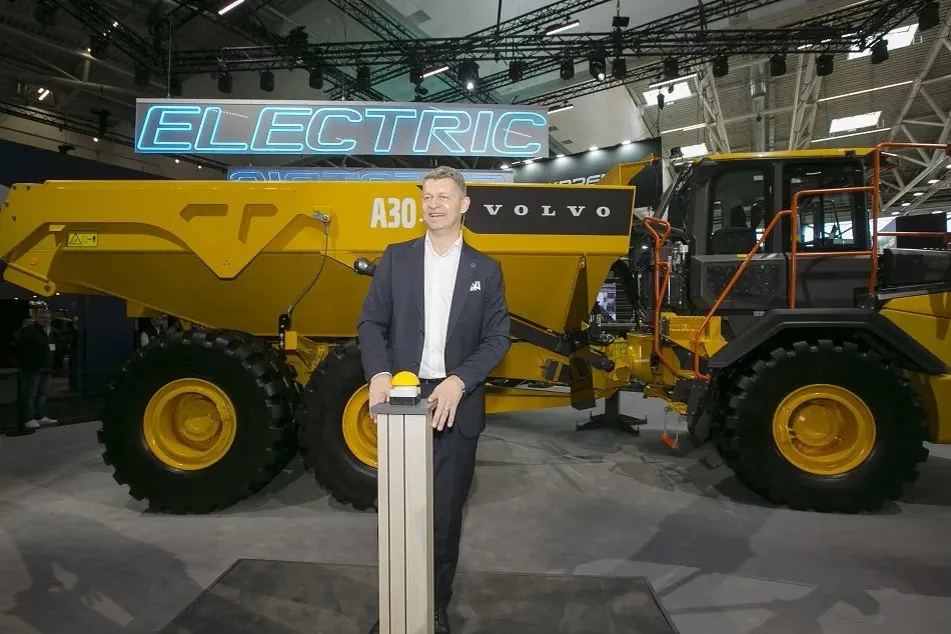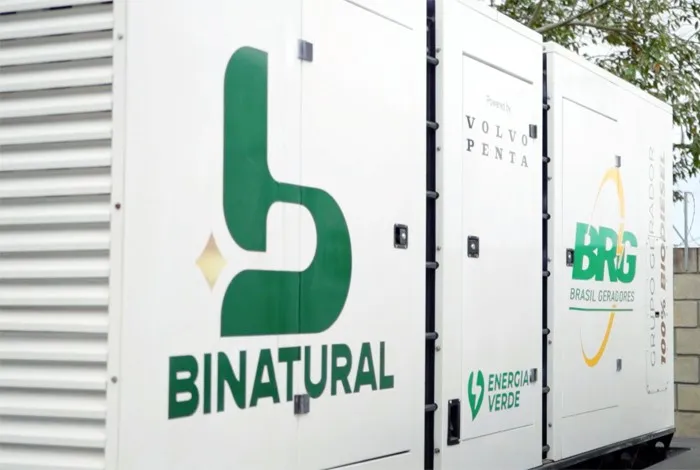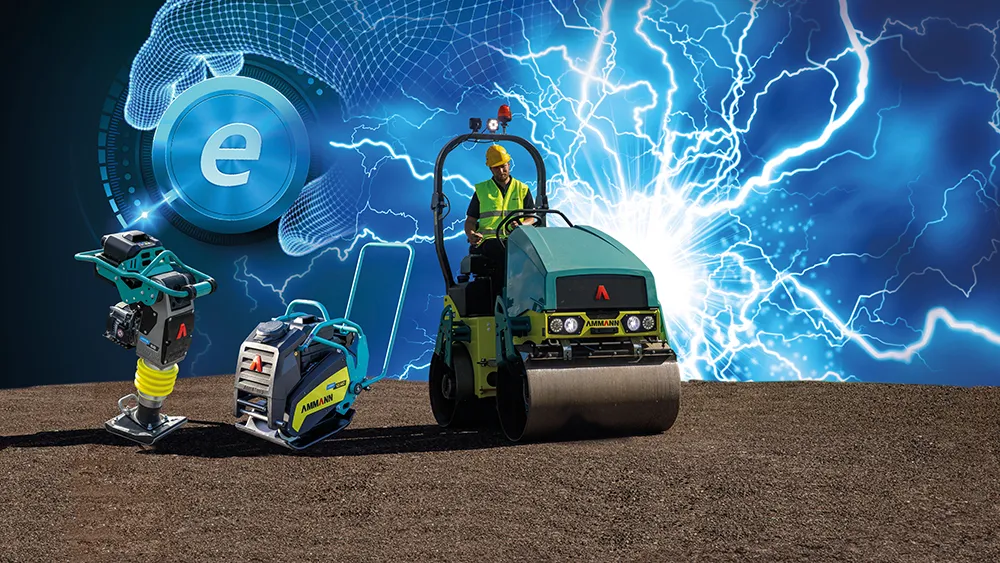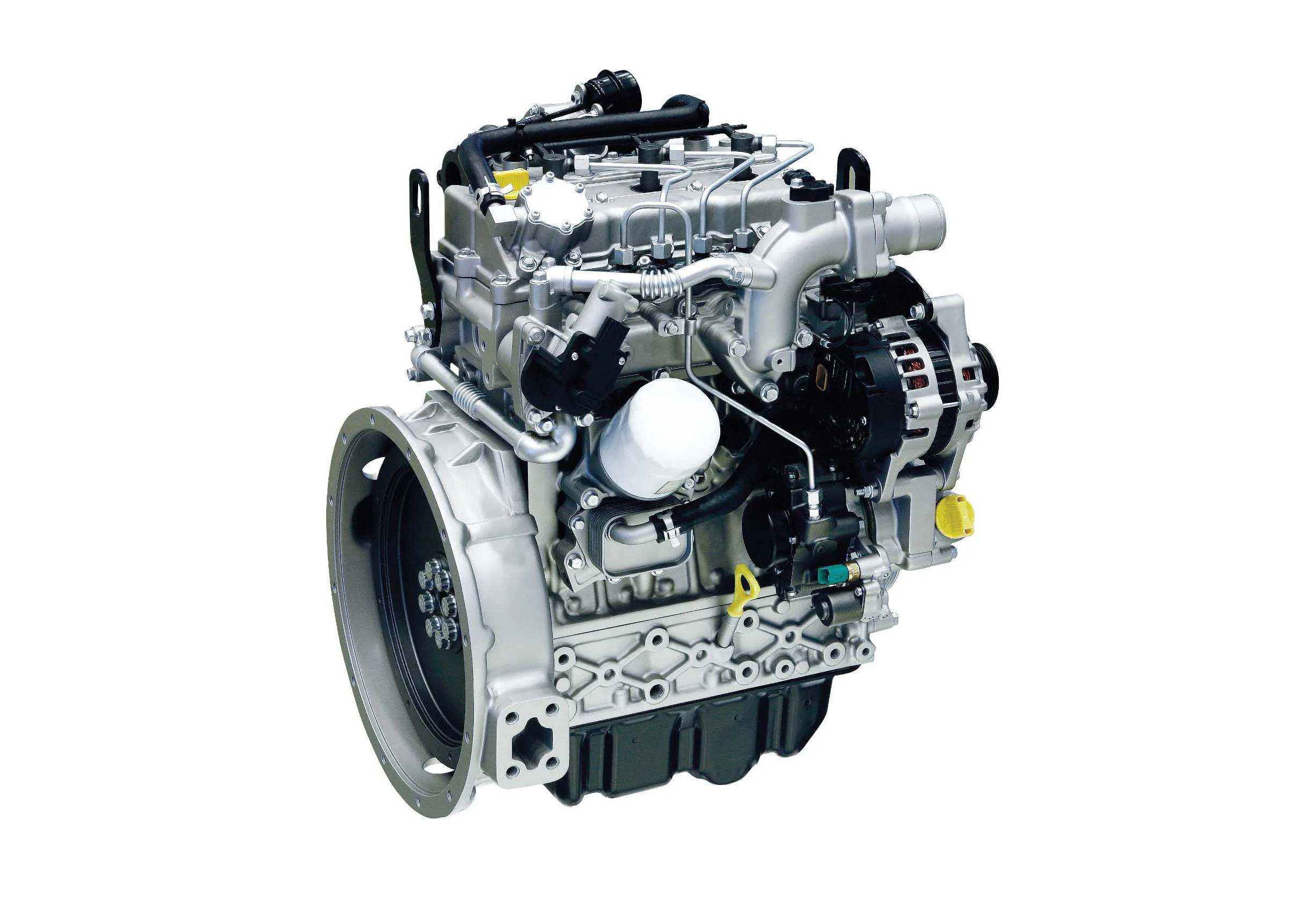
The Volvo Group is leading the field in delivering zero emission solutions for the future. The three divisions, Volvo Construction Equipment, Volvo Trucks and Volvo Penta, have all been investing heavily in developing new technologies.
Battery electric solutions are amongst the key developments from the firm, with a range of systems and products now available across the group. However, take up for these innovative electric solutions is not as quick as the Volvo Group would like. Melker Jernberg is president of Volvo Construction Equipment, and commented “The transformation is underway slower than needed.”
Projects such as the UK’s Lower Thames Crossing will provide a massive opportunity for Volvo CE to supply electric earthmoving equipment as the contracts from client National Highways have stipulated that no diesel machines will be allowed onsite. It remains to be seen how many other major construction infrastructure projects in Europe or elsewhere will have similar requirements.
But the Volvo Group is not being deterred. Anna Müller is president of Volvo Penta and said, “We have integrated electric solutions into different machines.” Apart from the battery electric equipment from sister company Volvo CE, the machines include an asphalt paver, a mobile crusher and a drilling rig made by different manufacturers. She said that the firm is offering a range of modular site power solutions that can be used for recharging equipment or running site power.
And Roger Alm, president of Volvo trucks, commented, “Battery electric will be the main path for Volvo Trucks for net zero. It is very clear we are the leader in electric trucks. Volvo is market leader in Europe for electric trucks with electric trucks also in North America.”
Highly important additions to Volvo CE’s product line are the new battery electric A30 and A40 dumptruck models, which will start being made available to certain markets initially from 2026 and then more widely from 2027. Not only are these zero emissions machines, Jernberg commented that the electric construction equipment is also far quieter in operation.
The electric ADTs retains the conventional driveline with driveshafts to the axles, which will help in production as these battery electric machines will be built on the same production line as the diesel models. And while the firm did evaluate electric wheel motor drives in its working concept fuel cell ADT, Jernberg explained, “The robust conventional transmission is proven, so why change it? What is important is whether the machine is CO2 neutral.”
Similarly, while the company has been researching electric actuation, Jernberg said that this will not replace hydraulic systems any time soon. Dependability is a key issue, given the years of development that have gone into refining hydraulic systems to make them reliable and efficient. He added, “I hope it will come but hydraulic systems are fantastic.”
Jernberg added that the firm has a multi technology approach and whilst it is trying to lead in battery tech it understands that not all countries, regions and customers are going at the same speed. As such Volvo CE has also invested heavily in making conventional technology more sustainable in terms of fuel efficiency and productivity. This is evidenced as the company has undertaken the biggest launch year ever of both conventional and battery electric product ranges, with 30% of the total range being renewed.
Volvo CE is also researching other future power options, such as with its fuel cell-powered ADT. Jernberg said, “We are also using hydrogen on internal combustion engines and we also have made a heavy investment in fuel cells.”









